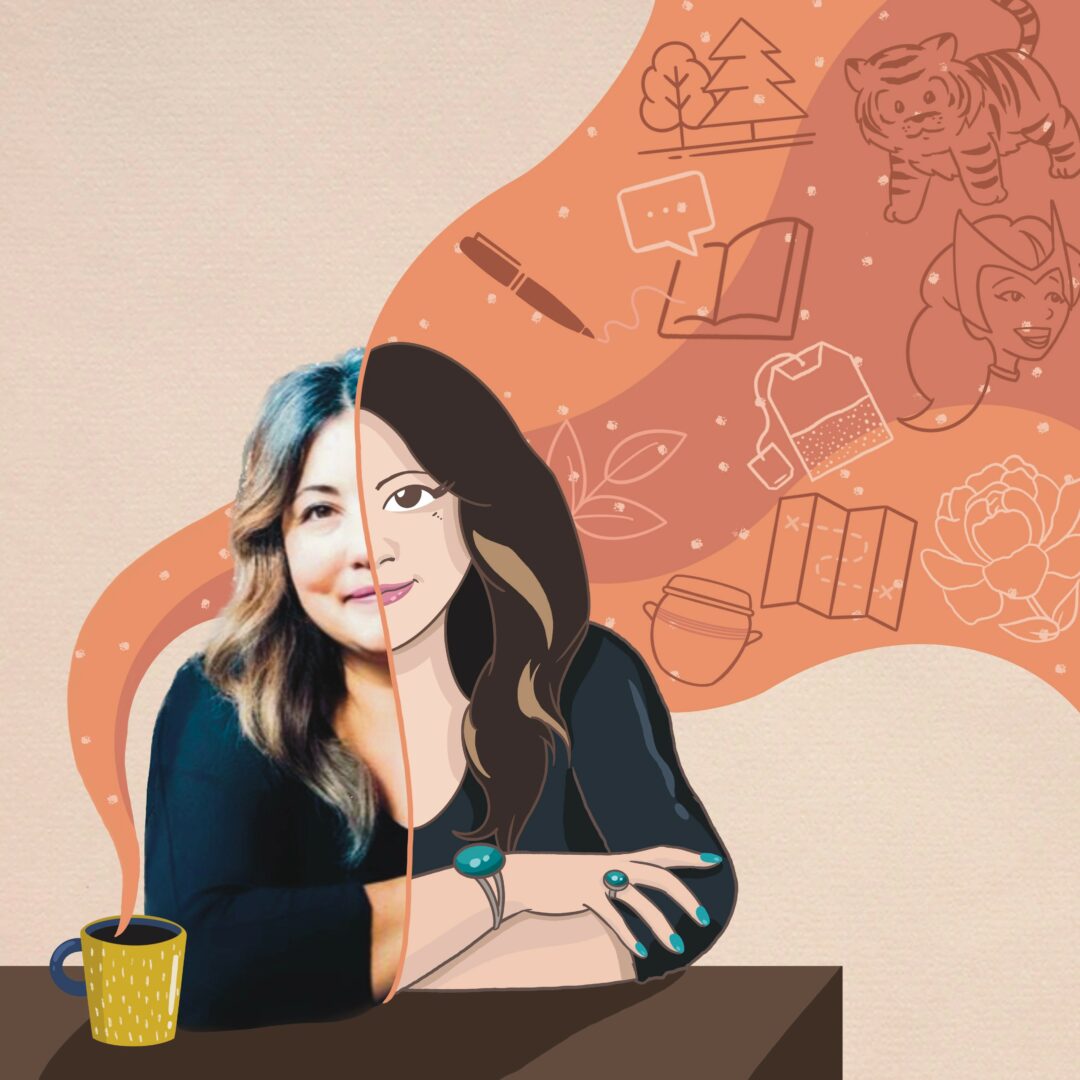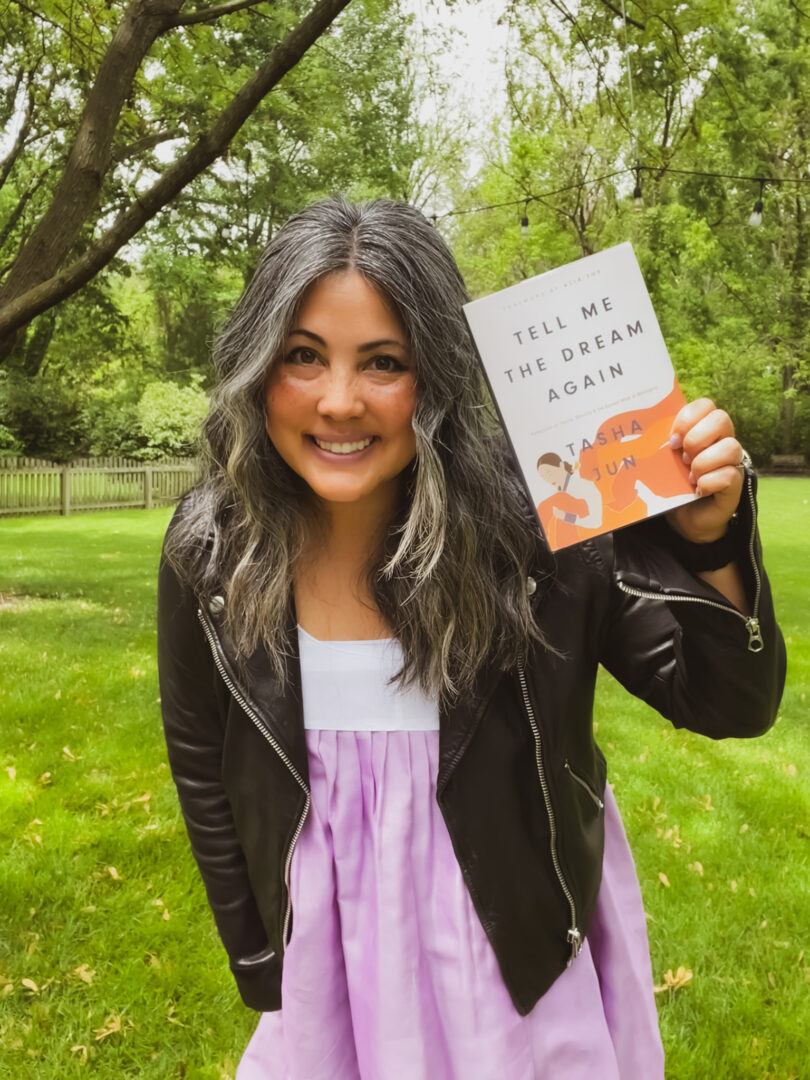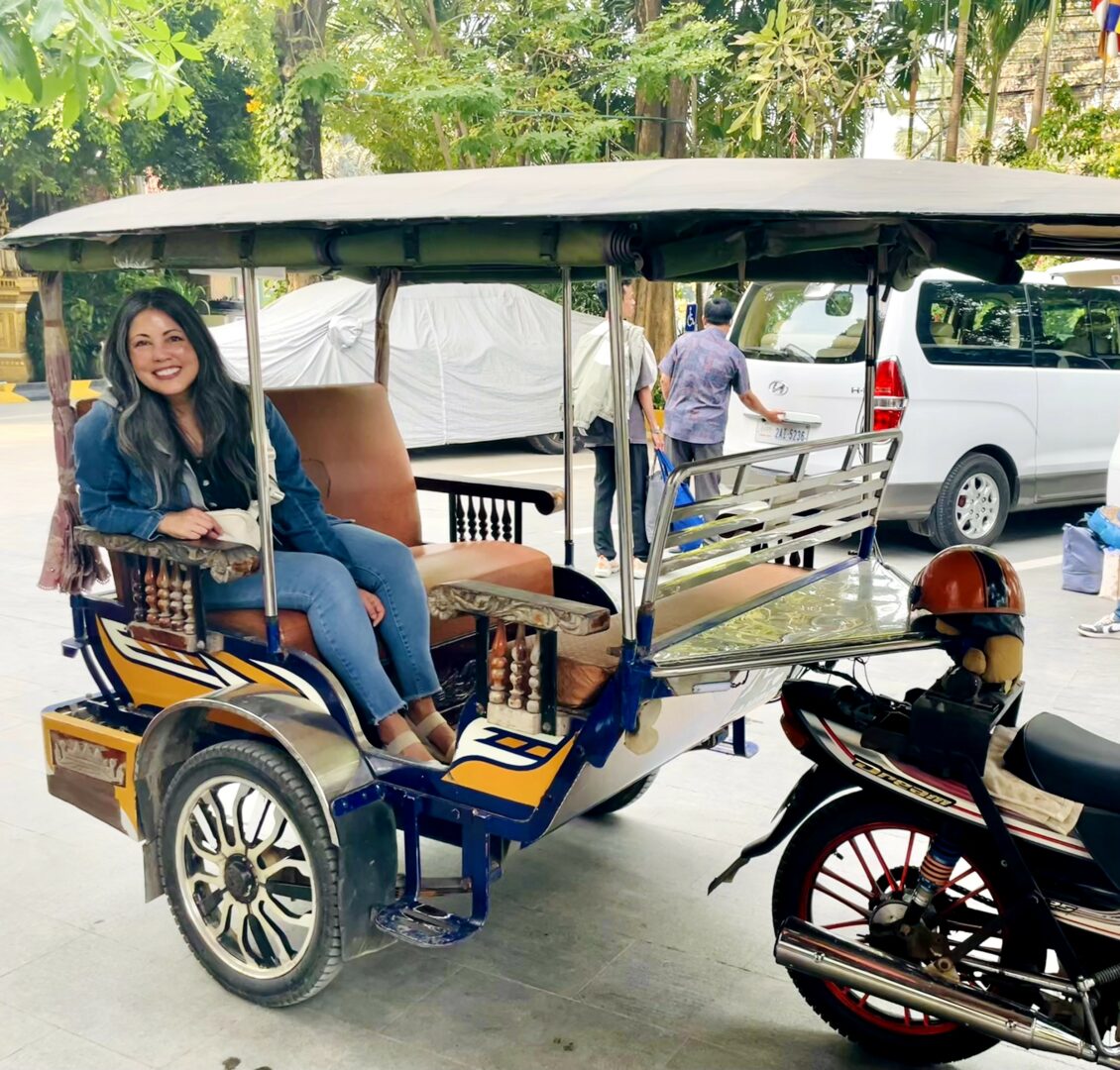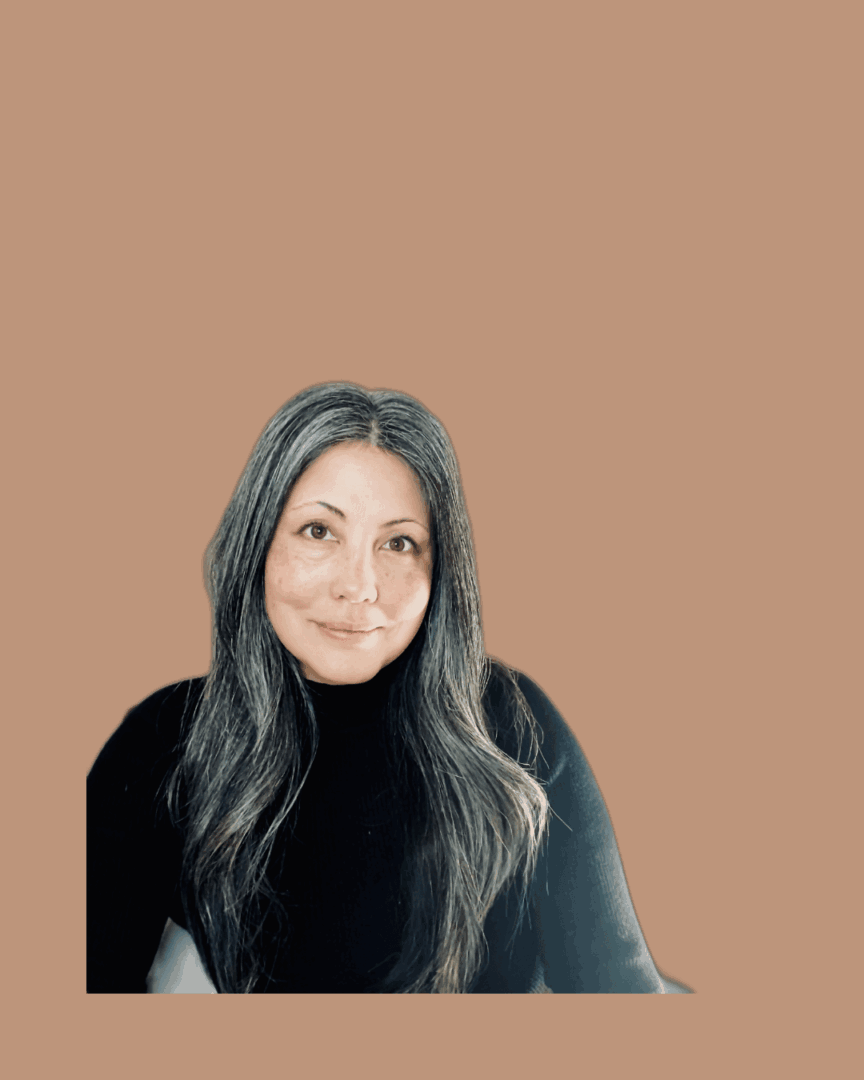We recently connected with Tasha Jun and have shared our conversation below.
Tasha, thank you so much for joining us today. Let’s jump right into something we’re really interested in hearing about from you – being the only one in the room. So many of us find ourselves as the only woman in the room, the only immigrant or the only artist in the room, etc. Can you talk to us about how you have learned to be effective and successful in situations where you are the only one in the room like you?
To be able to grow and flourish with one’s whole self and story in mind, first means being able to realize and name when one is the “only” one in the room as a woman, and/or especially when it means being the only woman of color. For many of us, we’ve been taught that noticing it at all means we are playing as a victim, but the reality is that it takes a great deal of courage to notice and name what is.
In my own story, once I began to notice and name the reality I was in, I began to ask questions about that reality. For me in particular, as a writer and speaker and one who once worked in full time ministry and now volunteers or partners with faith-based spaces, I began asking questions about why so many American faith spaces were segregated racially or assimilated to a white perspective. Asking questions led me to digging deeper into history and the ways that the American church was systemically tied to national and global history.
The questions led me to dig deep and learn, and they also led me to a time of disillusionment, doubt, and social wilderness. While that season and other seasons like it on my own journey have not been easy, they have been worth walking into and through. They have led me to a deeper intimacy with Christ, deeper honesty within myself and with my external relationships, and towards deeper clarity over what it means for me to show up in any space, whether as an only or not, as whole and unwilling to assimilate and shrink back.
To do this, I have to be connected in safe spaces where I am not an only. I need spaces with others like me, who know well what it’s like to be an only. I’ve also had to think through what my non-negotiable are when it comes to spaces where I will be an only and when those lines are crossed, I’ve given myself permission to speak up and out or leave if needed.
I’ve come to a place where I value my voice and my perspective as a woman of color and specifically as a biracial Korean American who loves Jesus and valuing my voice and how God has created me to be is one way I worship God and surrender to God’s artistry, creativity and loving intention in me and in the world.

Great, so let’s take a few minutes and cover your story. What should folks know about you and what you do?
I am a writer at heart and writing has always been how I’ve processed the world around me, pain, and my relationship with my Creator. I am also a melancholy dreamer and a contemplative soul who is currently being trained as a Spiritual Director. My first book, Tell Me the Dream Again is available wherever books are sold. It’s a memoir-in-essays and it’s also a love letter to my mom and my Maker.
If you had to pick three qualities that are most important to develop, which three would you say matter most?
1. Learning to listen and observe. These qualities go hand in hand and to be honest, I was forced to learn them as as kid who grew up in a multicultural and biracial home, and from living overseas during my formative years. Early on, it was clear to me that there was a lot I didn’t understand (about the wide world, and literally in language) and though that was hard at times, learning this as a kid has made it easier for me to accept and approach in other places and ways with humility and wonder. It taught me that it’s more than okay to not know, to not be the expert in the room, and that listening is a superpower.
2. Living in liminal space as a biracial person who has also lived in-between worlds since I was born, has taught me a lot about waiting, about nuance, about the layers a person and story can hold, and that both/and is a reality for most of life and most situations. This is something I felt in my body and soul before it ever became a trendy phrase.
3. Learning to embrace our whole selves when it comes to our ethnic and racial identity, takes time and not only takes time, but deserves time and space to heal. Many people will want to tell you where you should be in the journey or try to name your reality and story to fit their understanding, but only you can look honestly at your story, your heritage, history, hopes and reality, and begin to understand who you are, where you might need healing and care, and what community, work, thriving, and service need to look like for you to show up whole and invite others to do the same.

Before we go, maybe you can tell us a bit about your parents and what you feel was the most impactful thing they did for you?
My parents continually affirmed my Mixed ethnic identity though the definitions the world offered at the time were severely lacking. They never told me to choose a side, nor did they downplay a side or live as if one part of my ethnic identity was more important than the other. They did what they could to expose me to the world and diversity in the world and it forever impacted how I saw myself.
Contact Info:
- Website: https://tashajun.com
- Instagram: @tashajunb
- Facebook: Tasha Jun – Writer
- Other: Threads: @tashajunb

so if you or someone you know deserves recognition please let us know here.




